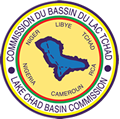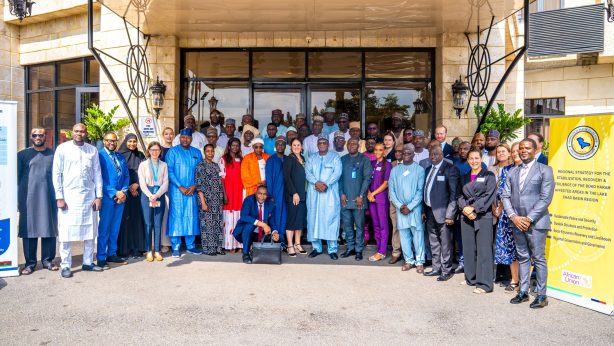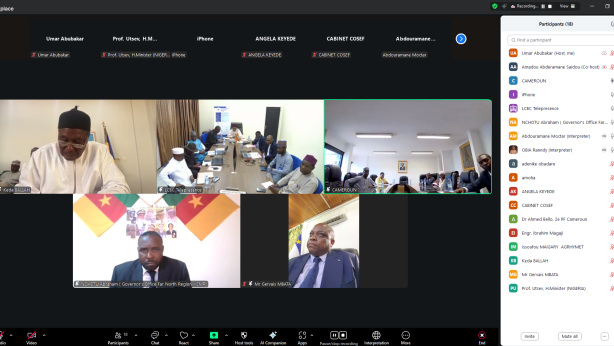PARSEBALT hold Third Regional Steering Committee Meeting
The Project to Support the Socio-Economic Reintegration of Vulnerable Groups in the Lake Chad Basin (PARSEBALT) held its Third Regional Steering Committee Meeting on 12 and 13 February 2024, in the Woïla Vision conference room in Maroua, Far North region, Republic of Cameroon.
The meeting was chaired by Mr MIDJIYAWA BAKARI, Governor of the Far North Region, Second Commissioner of Cameroon to LCBC, representing the Minister of the Economy, Planning and Regional Development (MINEPAT), First Commissioner unable to attend. In attendance were statutory members of the PARSEBALT Regional Steering Committee or their representatives, executives of LCBC projects and programmes, in particular the Regional Coordinator of PARSEBALT, the Regional Coordinator of PRESIBALT, the National Coordinators and Regional Experts of PARSEBALT, and representatives of LCBC development partners.
As is customary, the meeting reviewed the status of implementation of the recommendations from the last Regional Steering Committee meeting, reviewed and validated the technical and financial reports for 2023, capitalised on experiences, and made recommendations for the conduct of other activities so as to achieve the expected outcomes within a reasonable timeframe, before devoting particular attention to reviewing and validating the Annual Work Plan and Budget (AWPB) for 2024.
The various presentations gave participants an insight into the significant progress made in implementing the project’s activities after two years, the difficulties encountered, and the solutions envisaged.
During discussions, members of the Steering Committee lauded the level of progress made by the project and congratulated the coordination team on its work. They urged the project coordination team to maintain the current pace to consolidate the strides made.
In terms of recommendations, the PARSEBALT Regional Steering Committee encouraged the coordination team to, among other things:
Implement a National and Regional internal monitoring strategy for activities,
Drawing up a timetable for the implementation of the remaining PARSEBALT activities,
Inform the relevant authorities as soon as contracts are signed for the procurement of goods requiring exemptions,
Organise a mission by project experts to raise awareness of young people about joining armed groups in countries benefiting from the project,
Accelerate the processing of files submitted by the project for approval,
Directly approach the AfDB through the governors of each country to speed up the processing of files at the AfDB.
About PARSEBALT
Financed by the African Development Bank to the tune of FCFA 10 billion (in grants or loans) for 3 of the 6 LCBC Member States (Cameroon, CAR, and Chad), PARSEBALT is a pilot investment project aimed at limiting the negative effects of climate change, including the advance of the desert and the shrinking of the surface area of Lake Chad. In plain words, it aims to help improve living conditions in the Lake Chad basin through the social and economic reintegration of the populations most affected by insecurity and climatic hazards in the region. In particular, by combating youth unemployment and idleness, improving training on offer and matching it with local economic needs, revitalising economic activities in the region, by promoting and supporting the structuring of women’s and youth economic groups through the organisation of civic training courses for local people, to strengthen their patriotic spirit and sense of civic responsibility, capacity building for resilience and adaptation to climate change, by increasing their income and raising awareness of safety, the environment and social ills.
Implemented by LCBC over 4 years from 2018 to 2021 (extended to the end of December 2024), the project, which primarily targets women and young people, comprises the following three components:
(I) Institutional and beneficiary capacity building; (II) Support for the social reintegration and economic activities of beneficiaries; and
(III) Project management.


